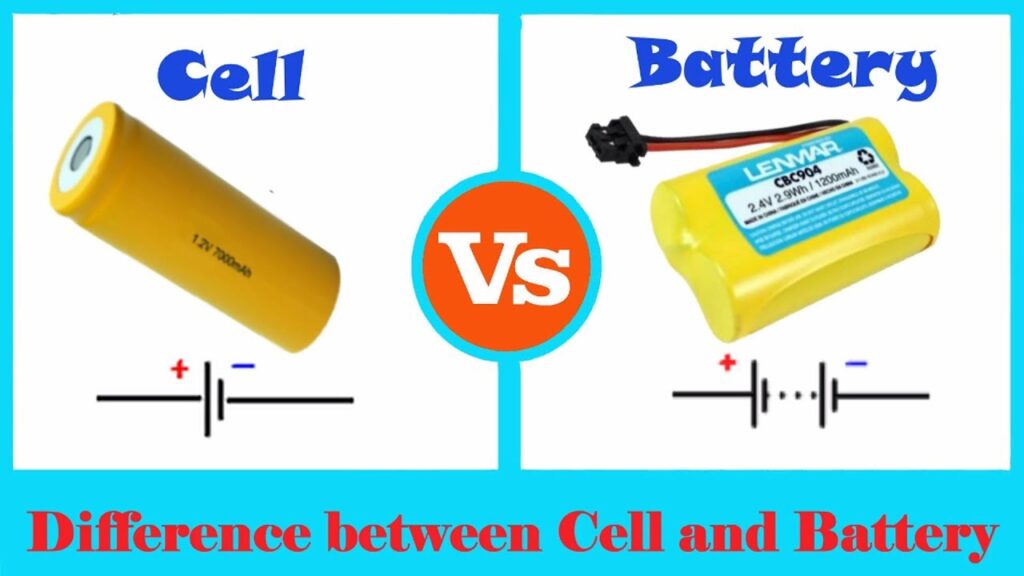Batteries and solar cells are both essential components of solar energy systems, but they serve different purposes and operate in different ways.
- Function:
- Batteries: Batteries store electrical energy for later use. They store the excess electricity generated by solar cells during periods of sunlight so that it can be used when there’s no sunlight, such as at night or during cloudy weather. Batteries essentially act as a reservoir, storing energy until it’s needed.
- Solar Cells (Photovoltaic Cells): Solar cells, also known as photovoltaic cells, convert sunlight directly into electrical energy through the photovoltaic effect. When sunlight strikes the solar cell’s semiconductor material, it generates an electric current, which can then be used to power electrical devices or stored in batteries.
- Operation:
- Batteries: Batteries operate by storing electrical energy in chemical form. During charging, electrical energy is converted into chemical energy and stored within the battery’s electrodes. During discharging, the chemical energy is converted back into electrical energy and released.
- Solar Cells: Solar cells operate by converting sunlight into electrical energy through the photovoltaic effect. When photons (light particles) strike the solar cell’s semiconductor material, they excite electrons, creating an electric current. This direct conversion of sunlight into electricity is the fundamental principle behind solar energy generation.
- Components:
- Batteries: Batteries consist of one or more electrochemical cells, which contain electrodes (anode and cathode) immersed in an electrolyte solution. The electrodes undergo reversible chemical reactions during charging and discharging.
- Solar Cells: Solar cells consist of semiconductor materials (such as silicon) arranged in layers. When sunlight strikes the semiconductor material, it creates an electric field that drives the movement of electrons, generating an electric current.
- Applications:
- Batteries: Batteries are used to store energy for various applications, including residential and commercial solar energy systems, portable electronics, electric vehicles, and off-grid power systems.
- Solar Cells: Solar cells are used to generate electricity from sunlight in a wide range of applications, including residential and commercial solar PV systems, solar-powered calculators, outdoor lighting, spacecraft, and satellites.
In summary, batteries store electrical energy for later use, while solar cells directly convert sunlight into electrical energy. Both components are essential for harnessing solar energy effectively, with solar cells generating electricity and batteries storing it for use when sunlight is not available.


